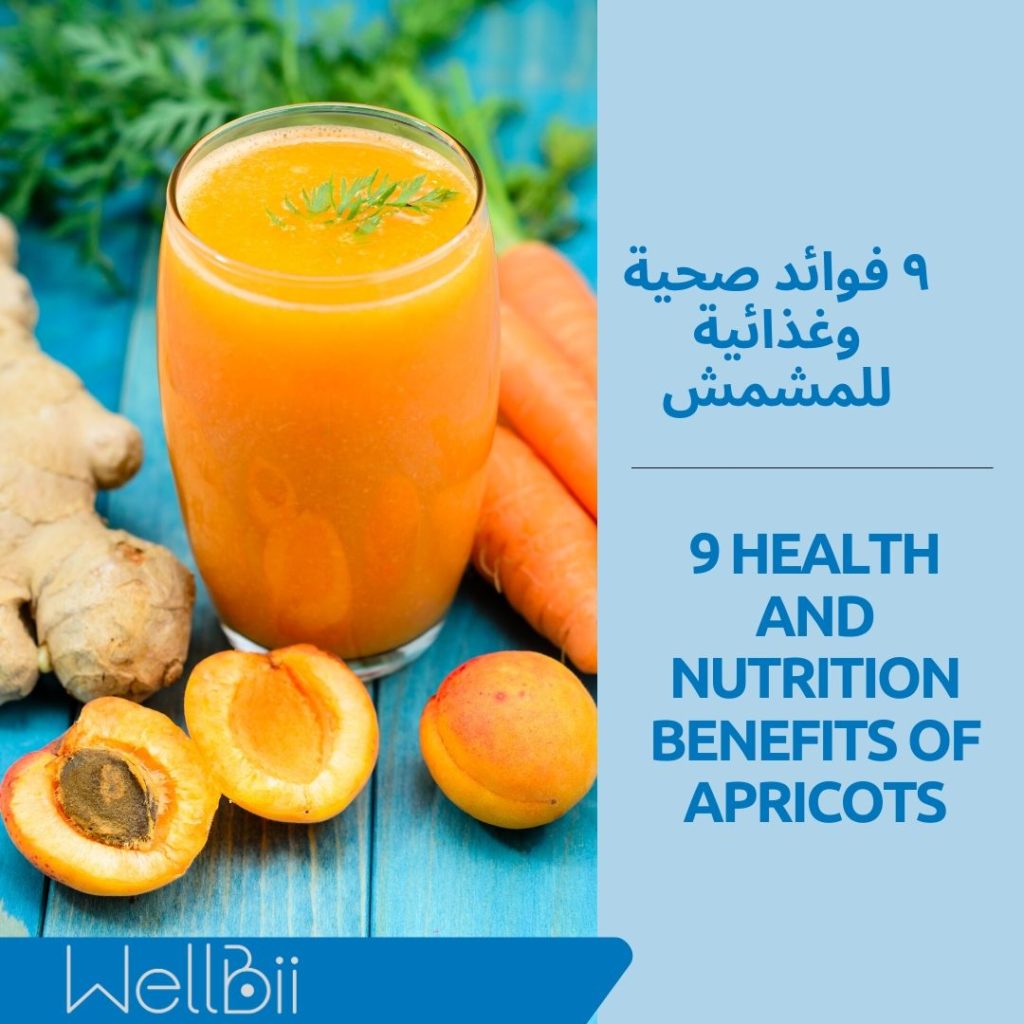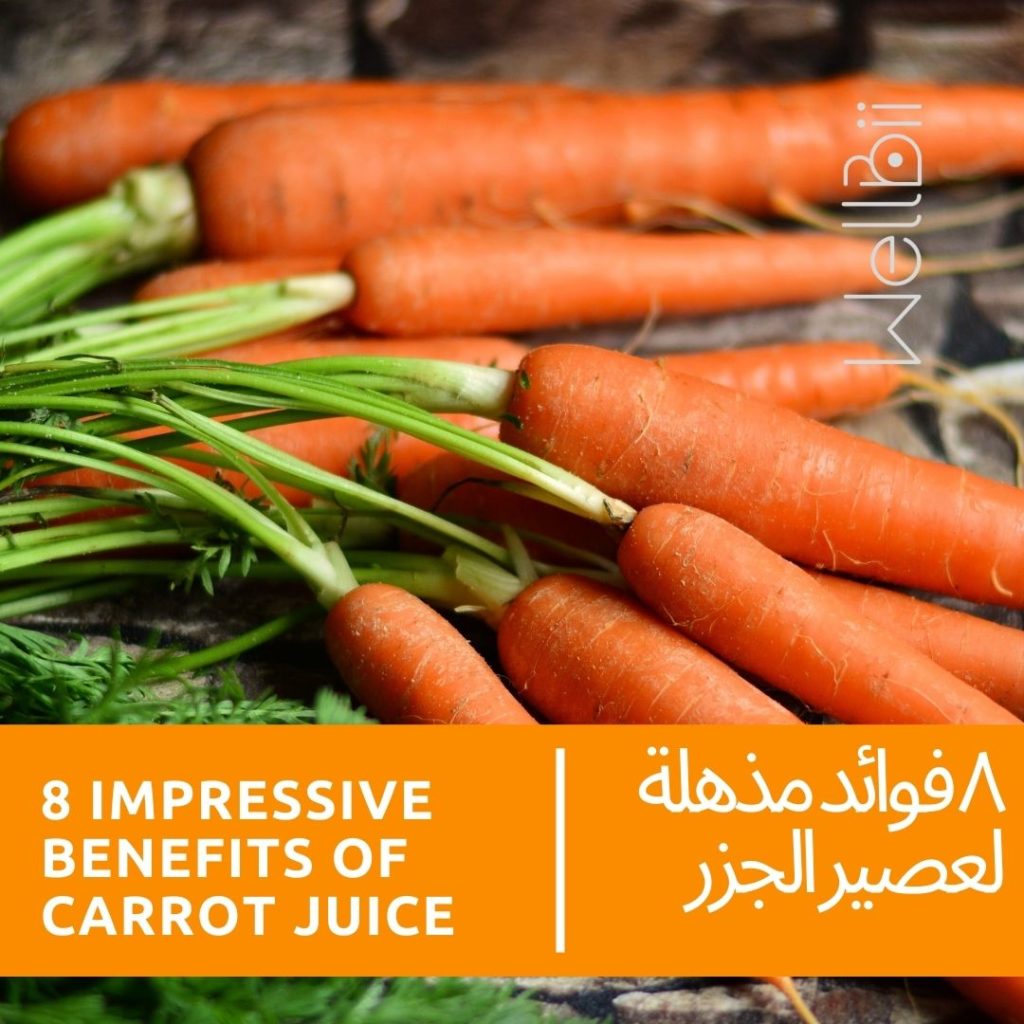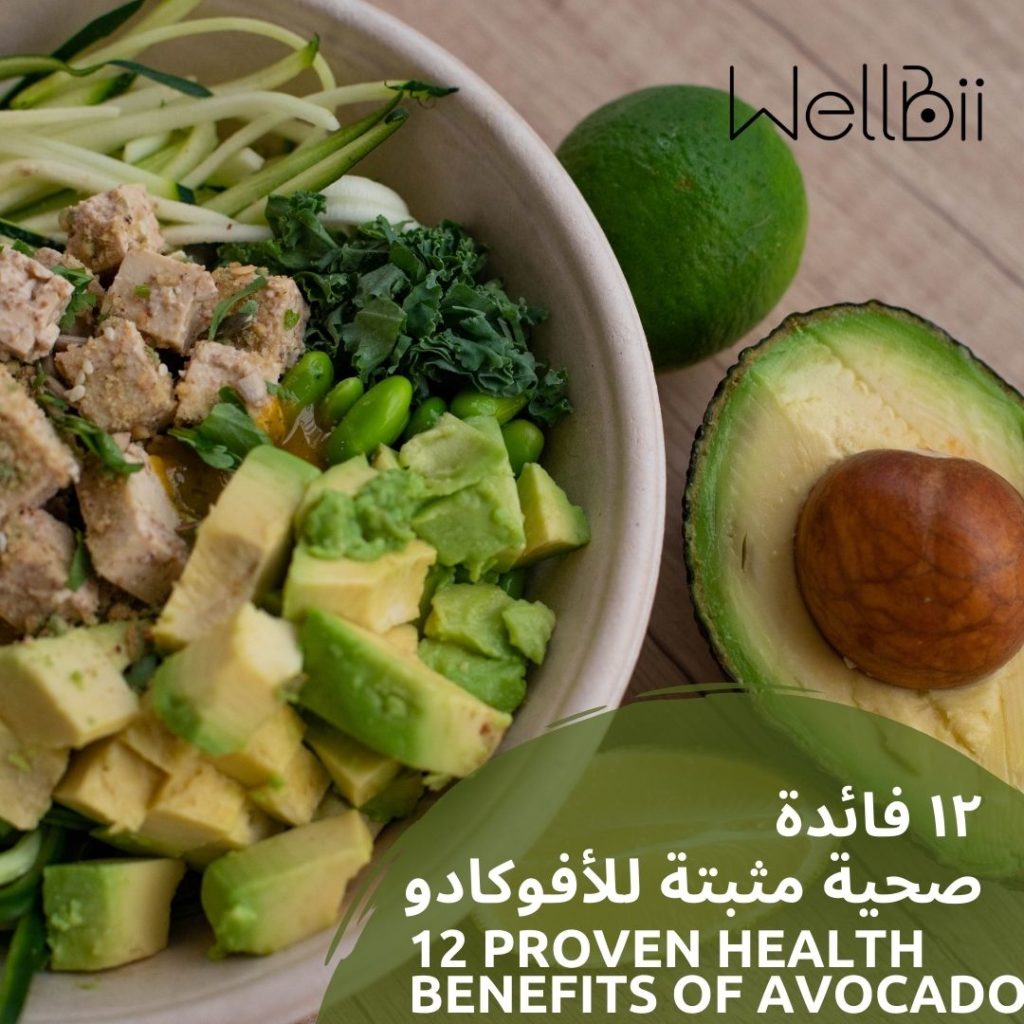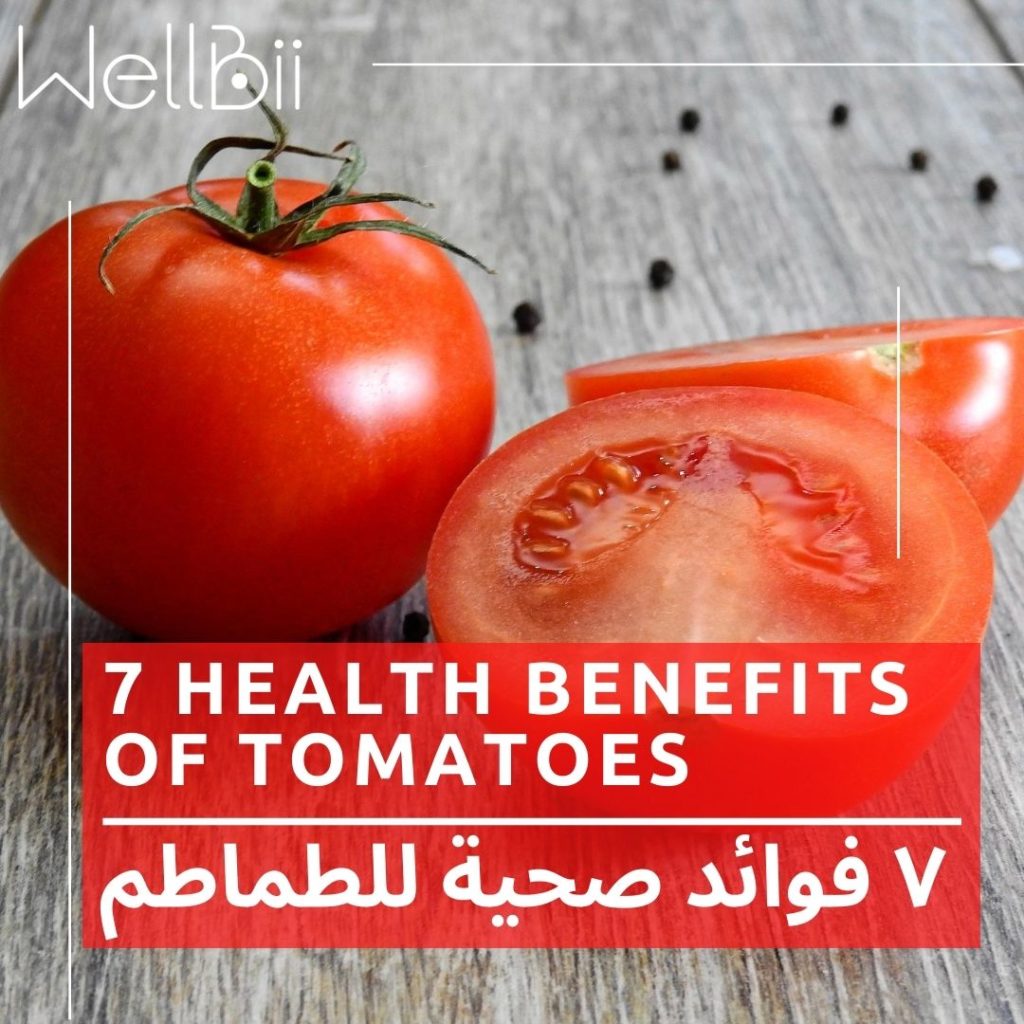9 HEALTH AND NUTRITION BENEFITS OF APRICOTS

Apricot, which is the main component of Amar El Din (the most famous drink during Ramadan), is extremely nutritious and has many health benefits, such as improved digestion and eye health. Here are 9 health and nutrition benefits of apricots.
1. Easy to add to your diet
Both fresh and dried apricots make for a quick, delicious snack or an easy addition to your favorite meal. You can add them to your diet in a variety of ways.
2. May protect your liver
Some data suggests that apricots may help protect your liver from oxidative stress.
3. Very hydrating
Like most fruits, apricots are naturally high in water, which can help regulate blood pressure, body temperature, joint health, and heart rate. As most people don’t drink enough water, eating fresh fruit can help you reach your daily needs. What’s more, eating apricots can be an easy way to replenish both water and electrolyte loss after exercise, as this fruit offers good amounts of water and potassium.
For online coaching click here
4. High in potassium
Apricots are high in potassium, a mineral that also serves as an electrolyte. In your body, it’s responsible for sending nerve signals and regulating muscle contractions and fluid balance. As potassium works closely with sodium to maintain fluid balance, adequate intake may help prevent bloating and maintain healthy blood pressure.
5. May promote gut health
Apricots may promote gut health. Apricots are particularly high in soluble fiber, which is important for maintaining healthy blood sugar and cholesterol levels.
6. May boost skin health
Eating apricots may benefit your skin. Research indicates a direct link between ultraviolet (UV) light exposure, sunburns, and your risk of melanoma, a deadly form of skin cancer. Notably, you can fight some of this skin damage through a healthy diet full of antioxidants, which apricots provide. Vitamins C and E, both found in this fruit, may aid your skin. In particular, vitamin C protects against UV damage and environmental pollutants by neutralizing free radicals.
7. May promote eye health
Apricots boast multiple compounds that are essential for eye health, including vitamins A and E. Vitamin A plays a vital role in preventing night blindness, a disorder caused by lack of light pigments in your eyes, while vitamin E is a fat-soluble antioxidant that enters your eyes directly to protect them from free radical damage. Meanwhile, beta carotene — which gives apricots their yellow-orange color — serves as a precursor to vitamin A, meaning that your body can convert it into this vitamin.
8. High in antioxidants
Apricots are a great source of many antioxidants, including beta carotene and vitamins A, C, and E.
What’s more, they’re high in a group of polyphenol antioxidants called flavonoids, which have been shown to protect against illnesses, including diabetes and heart disease.
9. Very nutritious and low in calories
Apricots are very nutritious and contain many essential vitamins and minerals. Furthermore, this fruit is a decent source of beta carotene, lutein, and zeaxanthin, all of which are potent antioxidants that help fight free radicals in your body.
For the full article click here
How do you like eating Apricot the most?






Responses